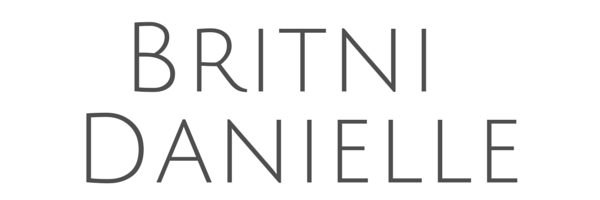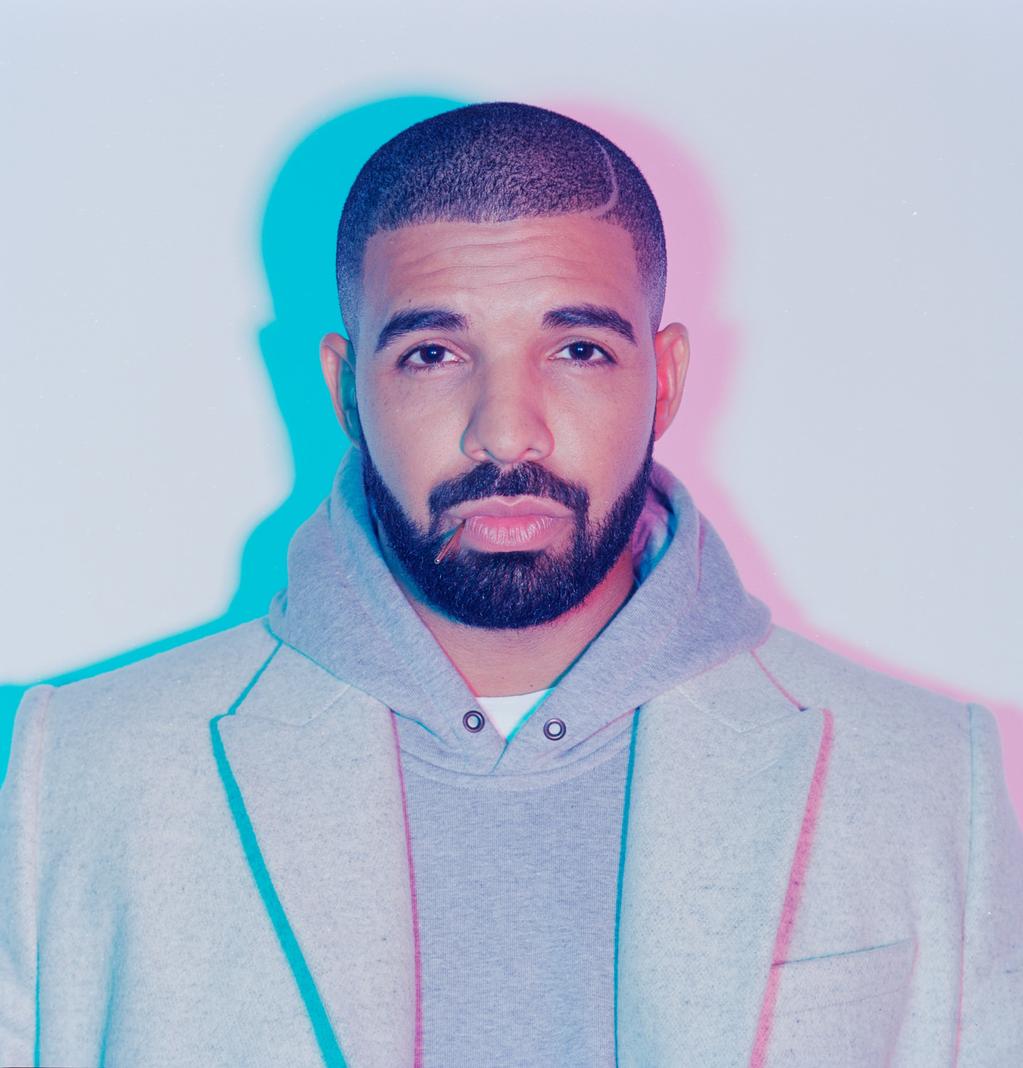I was slow to join the crowd of Drake fans. I haven’t been down since his early mixtapes, can’t quote any of his songs word-for-word, and don’t even own an album. But over the last few years I’ve watched as he’s quickly rose to dominate the music industry through smart branding, catchy tunes, a ruthless work ethic, and a seemingly relentless need to experiment creatively.
While I do listen to Drake’s music (ehem, on Spotify) and enjoy it quite a bit, his recent interview with The Fader made me respect his artistry–and really, him–on a whole new level.
Even though it’s super long, I encourage you to read the entire interview. One, because I wish I’d written it (and as a writer who’s done quite a few celeb profiles, that’s how you know it’s good); and two, because Drake drops some serious gems about business, branding, and how he’s managed to connect so effortlessly with his fans.
And that brings me to his advice on how to be a really good writer. Sure, Drake is talking about his music in this interview, but at the core of it, it’s all the same, right?
Writers and rappers both deal in words, hoping they connect with our intended audience. And while literally MILLIONS of people try (and are talented, too), what sets us all apart is our ability to connect….or not.
I’ll let Drake break it down, though.
You could call it his emotional imagination. But in fact it’s something more specific: a gift for understanding his fans and intuitively knowing how to activate, and lay claim to, their feelings. Drake is an interpreter, in other words, of the people he is trying to reach—an artist who can write lyrics that wide swaths of listeners will want to take ownership of and hooks that we will all want to sing to ourselves as we walk down the street.
When I ask Drake about how he gets audiences to identify with him in this way, especially now that his life is so extraordinary and strange, he sits up and lays out the elemental chemistry of his music.
“We may be worlds apart in the sense of, you know, where you’re from, where I’m from, what I’m doing, what you’re doing—but what are we talking about?” he says. “We’re talking about very simple human emotions. We’re talking about love, sometimes. We’re talking about triumph, we’re talking about failure, we’re talking about nerves. We’re talking about fear. We’re talking about doubt. It doesn’t matter what you’re doing—you gotta at least hear what I’m saying to you. And I pray that it helps.”
At this he interrupts himself. “Not even ‘helps,’” he says. ‘“Helps’ is a weird word. I don’t ever want to think I’m ‘helping.’ It’s not about helping. It’s more like, even though we’re not carrying on a dialogue, I hear you, you know? And when I make an album, all I want you to know is I hear you.”
When your audience knows you hear them, and care about what they care about, and that you put forth your best effort to reflect it in your work, they can’t help but respond.
And yes, there are writers who only care about their voice and what they want to say. But the ones we remember–the Baldwins, Morrisons, Nas–and stan for, and LOVE, are able to say something about both their life and ours in such a way that hits us in the chest so hard we never shake it.
And like him or not, Drake gets it, and apparently, you too.



This is one that I will book-mark as a reminder of one of the reasons I love to write. I love when someone says they can relate.